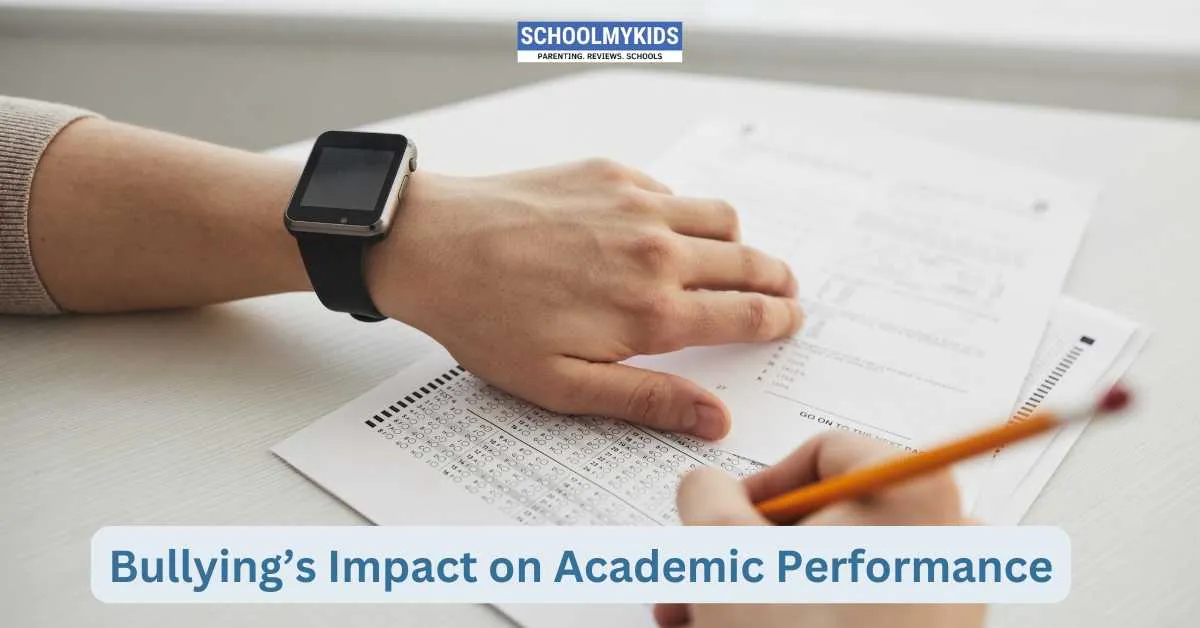Bullying does more than cause emotional and social harm—it can have profound effects on a child’s academic journey. Research shows that bullying can disrupt learning, diminish classroom engagement, and impair cognitive functioning, all of which contribute to lower academic achievement over time.
Disruption of Learning Environments
When a child is bullied, the classroom—traditionally a safe space for learning—can become a source of stress and anxiety. The persistent fear of further victimization makes it hard for the student to focus on lessons. Studies have found that bullied students are more likely to disengage during class discussions, leading to gaps in learning and comprehension.
Cognitive and Concentration Challenges
The stress induced by bullying has been linked to impaired cognitive functioning. Chronic stress, anxiety, and depression can adversely affect memory and concentration. Research in educational psychology indicates that students exposed to bullying often experience difficulties in retaining information, problem-solving, and critical thinking. These cognitive challenges can contribute to poorer performance in tests and assignments.
Impact on Attendance and Participation
Bullying is also associated with increased absenteeism. Children who are bullied may choose to skip school to avoid the hostile environment, which not only affects their academic progress but also disrupts their social integration with peers. Regular absenteeism can lead to missed lessons and reduced academic support, further widening the achievement gap between bullied students and their peers.
Effects on Self-Esteem and Motivation
The emotional toll of bullying often translates into lower self-esteem and diminished motivation. When a child internalizes negative messages and begins to doubt their abilities, they are less likely to participate actively in academic activities. Lower self-confidence can result in a reluctance to ask questions or seek help, perpetuating a cycle of academic underperformance.
Long-Term Academic Consequences
The cumulative effect of these factors can have lasting consequences. Longitudinal studies have demonstrated that the academic setbacks experienced by bullied children can extend into higher education and beyond. Early academic challenges can limit opportunities for advanced learning, career prospects, and overall life satisfaction.
Strategies for Intervention and Support
Addressing the academic impacts of bullying requires a multifaceted approach:
- Early Identification: Teachers, parents, and school counselors need to be alert to signs of bullying-related academic decline, such as sudden drops in grades or disengagement in class.
- Creating a Supportive Environment: Schools that implement comprehensive anti-bullying programs and foster a positive, inclusive culture see improvements in both academic performance and student well-being.
- Building Resilience: Interventions aimed at enhancing self-esteem and emotional regulation can empower children to overcome the negative effects of bullying. Programs that encourage peer support and collaborative learning can also help restore confidence and academic motivation.
- Parental Involvement: Open communication at home is vital. Parents should work closely with educators to monitor academic progress and address any issues promptly. When necessary, professional support from school psychologists or counselors can make a significant difference.
Conclusion
Bullying’s impact on academic performance is multifaceted, affecting not just the emotional and social lives of children but also their ability to learn and succeed in school. Recognizing the signs early and taking proactive measures can help mitigate these effects. Through coordinated efforts among educators, parents, and mental health professionals, it is possible to create a supportive learning environment where all students can thrive academically and emotionally.









Be the first one to comment on this story.